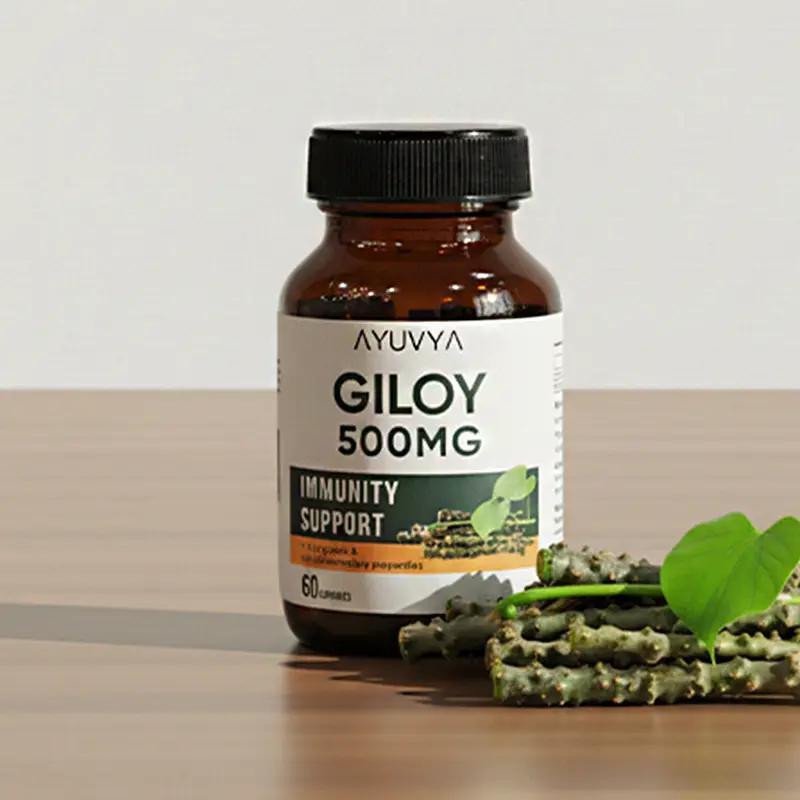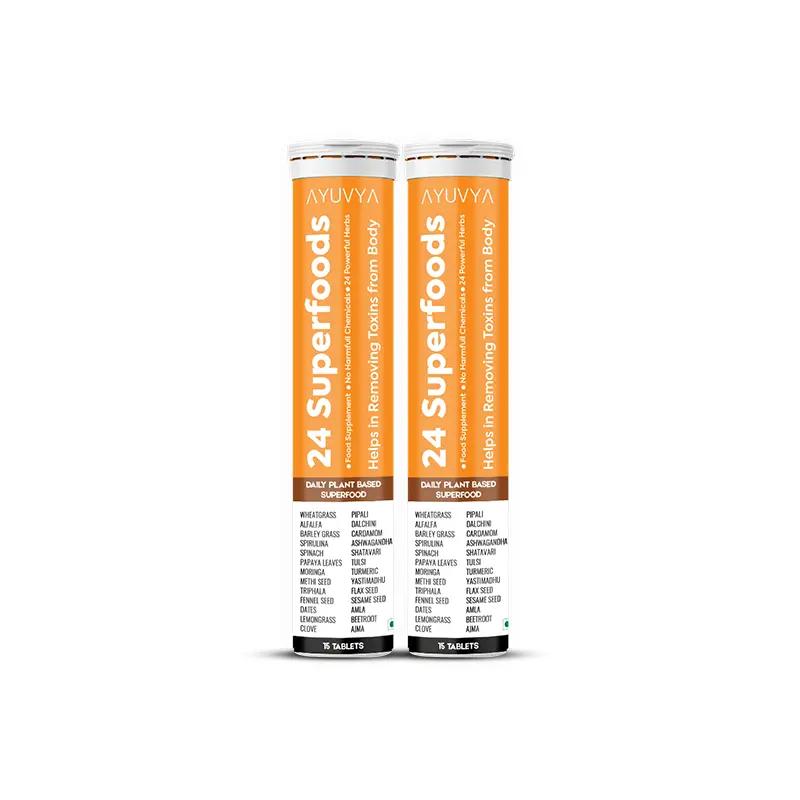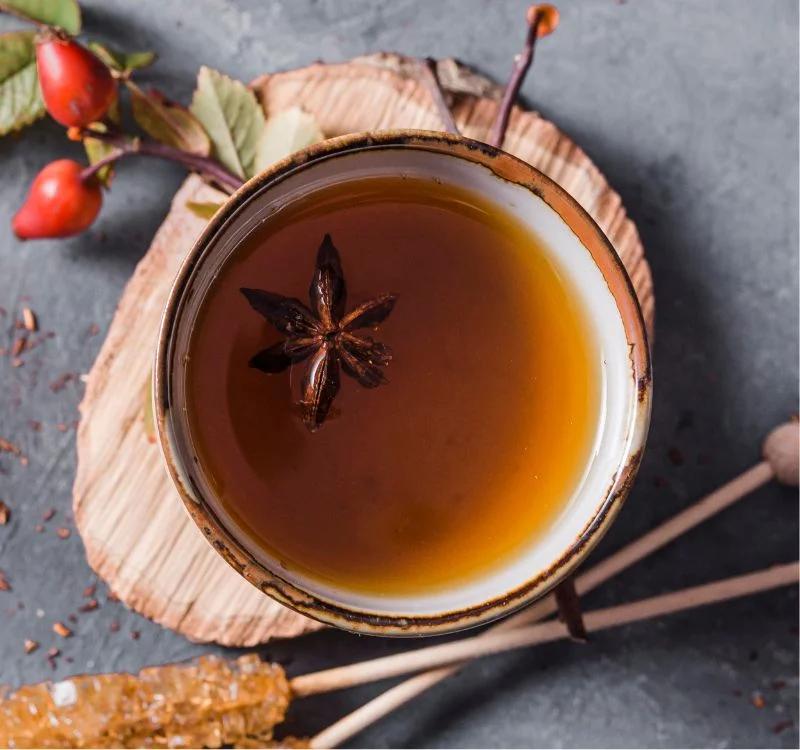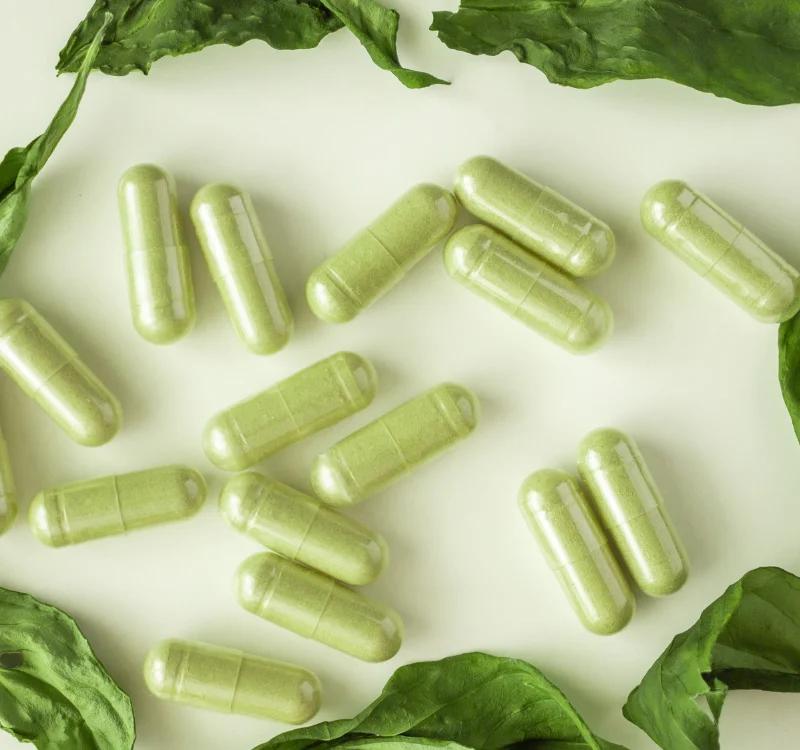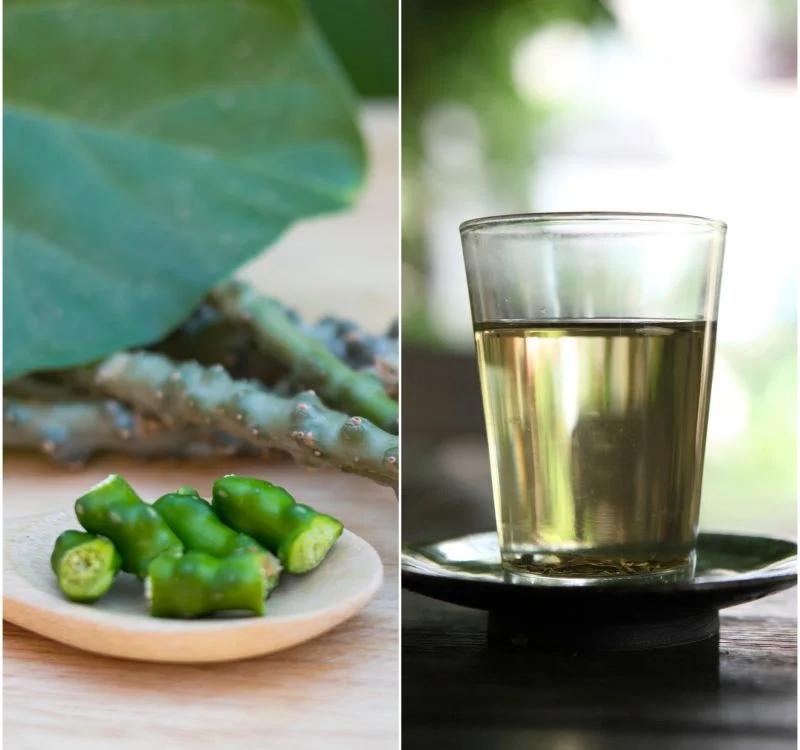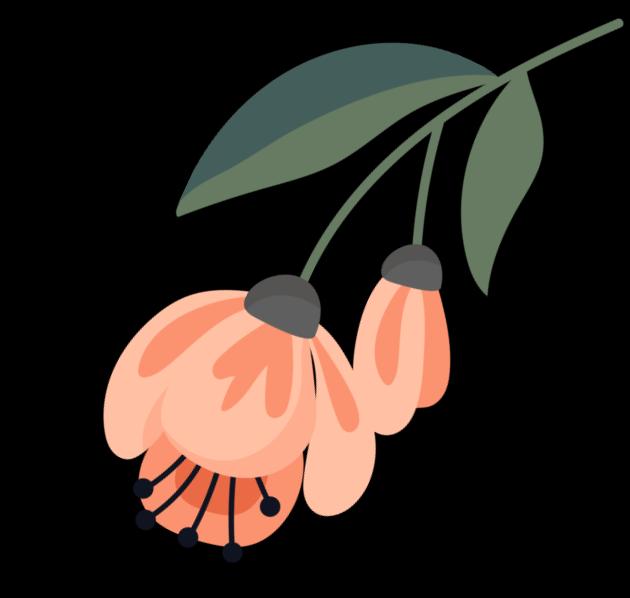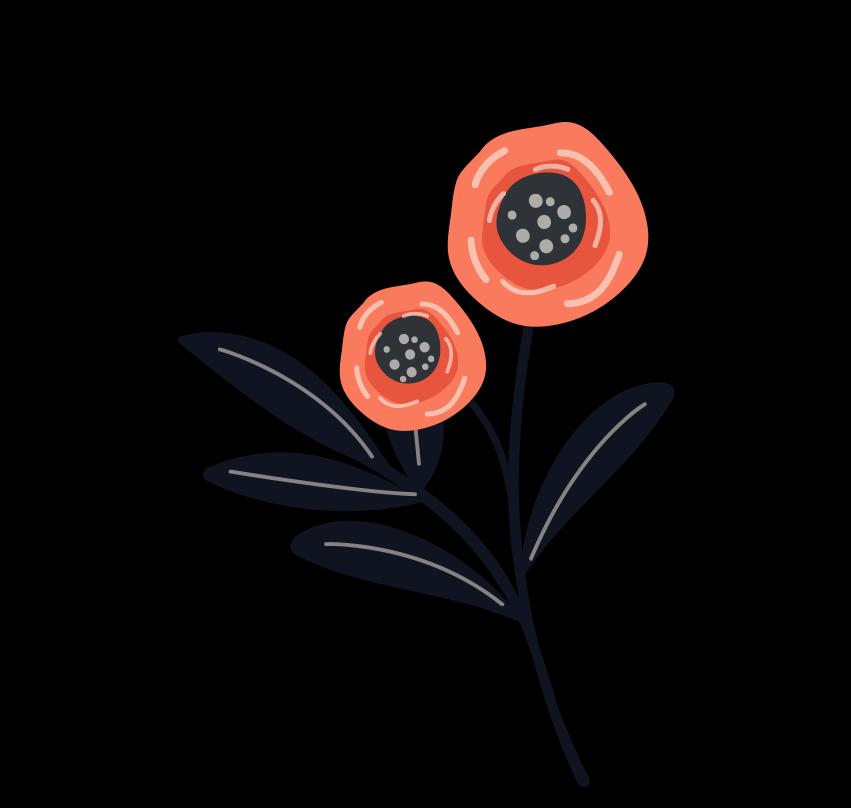Read on to Learn Which Food You Should Avoid During Cough
Dec 30, 2024
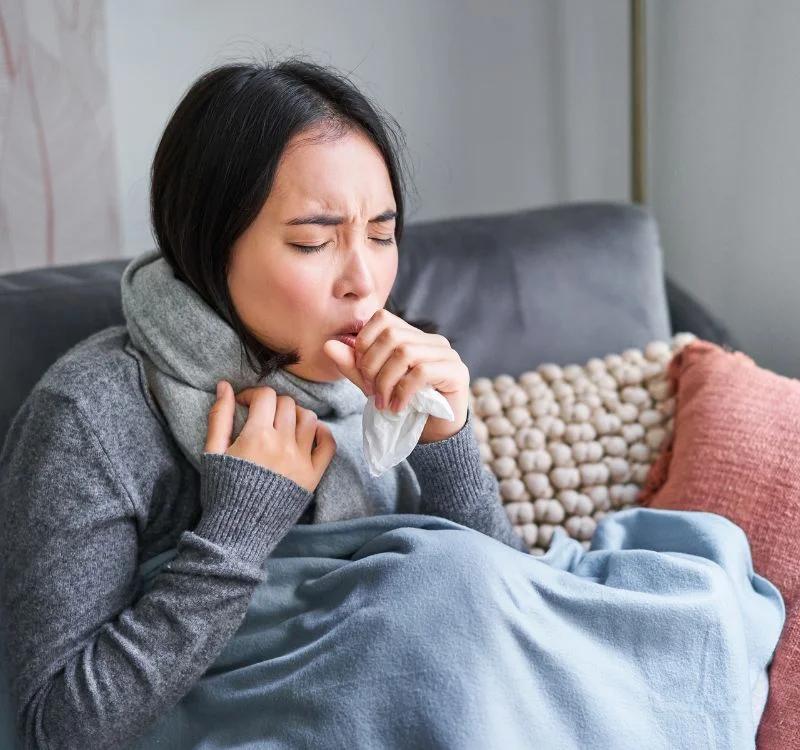
Did you know that certain foods could be fueling your persistent cough and excessive phlegm? Follow these tips about certain food to avoid when coughing and soothe irritation caused due to cough.
Table of Contents:
- What Is Cough and What Causes It?
- Common 9 Foods To Avoid During Cough!
- What Food Can You Eat During Cough?
- Conclusion
- FAQs
Does your cough keep you from sleeping peacefully at night? When battling a persistent cough, the foods you eat can impact your body's ability to heal. Certain foods can aggravate throat irritation, increase mucus production, or even trigger coughing fits, making it harder for your body to recover. Let’s take a look at which foods to avoid when you have a cough, in order to ease discomfort. In this guide, we will explore some foods that can worsen your condition and exacerbate your cough, as well as healthier alternatives to soothe your throat and support your recovery.
What Is Cough and What Causes It?
Cough is a reflex action triggered by irritant substances like mucus or dust that affect peripheral nerve receptors in your airways. Your body tries to eliminate toxins by making the muscles in your chest and abdomen contract and force them out of your mouth. Short term or acute coughs are caused by common colds, flu or throat infections like laryngitis. While chronic cough symbolises asthma, bronchitis, chest infections, smoking, or gastroesophageal reflux disease.
Common 9 Foods To Avoid During Cough!
Have you heard of the phrase 'feed the cold'? It means you should eat healthy food to help your body fight a cold, but that does not mean you should eat whatever is available, especially when dealing with a cough. Here, we've listed some of the top foods to avoid during a cough that you must be aware of:
Dairy Products: Foods to avoid during a cough include products like milk, ice cream and cheese when suffering from a cold or cough. These foods must be avoided as they could cause nasal blockage or runny nose. Dairy products are a must food to avoid when coughing phlegm.
Caffeine and Alcohol: Highly caffeinated drinks and alcohol dehydrate your body causing lost fluid in mucus production hindering the nasal passage, and especially alcohol deteriorates functions of the immune system leading to prolonged cough.
Deep-Fried Oily Foods to Avoid During Cough: Fried foods are heavy and difficult to digest, which can exacerbate inflammation and discomfort in your throat. Deep-fried food must be avoided when coughing phlegm, as the high-fat content may increase mucus production and irritate the throat lining, potentially leading to prolonged coughing. The oils used in frying may also irritate your throat, potentially triggering more coughing. Opt for lighter, easily digestible meals during recovery.
Histamine-Rich Foods: Your body naturally produces histamines to eliminate harmful substances, including allergens. Histamine may trigger increased mucus production, causing a runny or stuffy nose. Some histamine-rich foods to avoid during cough, are avocados, mushrooms, strawberries, dry fruits, alcohol, yoghurt, vinegar and fermented foods.
Sugary Foods to Avoid When Coughing: Excessive sugar can suppress your immune system, making it harder for your body to fight off infections. Sugary foods and beverages can also irritate your throat, leading to more frequent coughing. Try to limit candies, sodas, and desserts while you recover.
Vegetables to Avoid During Cough: Corn, potatoes, and squash may increase blood sugar levels, which can increase congestion and worsen cough. Starchy vegetables are among those foods to avoid during a cough.
Histamine-Rich Vegetables to Avoid During Cough: Foods rich in histamine, such as eggplant, tomatoes, and fermented vegetables, can trigger coughing in histamine-intolerant people.
Citrus Fruits: Some researchers said citrus fruits such as grapefruit, oranges and lemons are sour and can trigger irritation in the throat leading to cough.
Carbonated Beverages: You must know that soft and carbonated drinks are high in artificial ingredients and added sugars that irritate your throat and cause severe cough. High acidic and carbonated are some of the top foods to avoid when coughing phlegm.
What Food Can You Eat During Cough?
Now that we have explored foods to avoid when coughing, what should be the ideal options to eat during a cough? Certain food items can help soothe your throat and support faster recovery. Explore below to learn more:
- Ayurvedic Herbal Decoction (Kadha): Ingredients like tulsi, ginger, black pepper, cloves, and cinnamon help strengthen the respiratory system and reduce cough symptoms. Boil these ingredients in water until they reduce to half. Strain, add honey, and drink warm.
- Herbal Tea: Warm herbal teas work as a natural decongestant for nasal blockage. For example, Peppermint herbal tea contains menthol to calm dry and ticklish throat, it also has antibacterial and antiviral properties. Ginger herbal tea relaxes the airway muscles and eases breathing with its anti-bacterial, anti-inflammatory and antiviral properties.
- Honey: Honey is renowned for its medicinal properties, traditionally used to relieve sore throat. You can mix honey in your herbal tea or take it with warm water. You can opt for these foods to avoid coughing phlegm.
Conclusion
Being mindful of your diet while recovering from a cough can significantly ease discomfort and promote faster healing. Being aware of foods to avoid during a cough—those that irritate your throat, increase mucus production, or dry out your mucous membranes—can help your body recover more effectively. Instead, prioritize soothing and nutrient-rich options like warm soups, herbal teas, and hydrating foods that support your immune system.
Frequently Asked Questions
Dairy products (if they thicken mucus for you), sugary foods, fried and oily foods, histamine-rich foods, and caffeinated and carbonated drinks.
Warm water with honey and lemon, herbal teas, warm soups or broths, decaffeinated teas.
Yes, apples are good for a cough. They are hydrating and contain antioxidants that support the immune system. Consuming them cooked or as part of a warm dish can be even gentler on the throat.
Bananas are mild and non-acidic, making them a suitable option during a cough. They are easy to digest and unlikely to irritate the throat.
Yes, eggs are generally safe to eat during a cough. They are a good source of protein and easy to digest, which supports your immune system and recovery.
Milk is not usually harmful during a cough, but some individuals feel it thickens mucus, which can make coughing feel worse. If you notice that dairy worsens your symptoms, consider avoiding it temporarily.
Warm soups and broths, honey, herbal teas, mashed potatoes and oatmeals are helpful during cough.
You should avoid dairy products, fried greasy food, sugary drinks, spicy foods and alcohol during cough.
